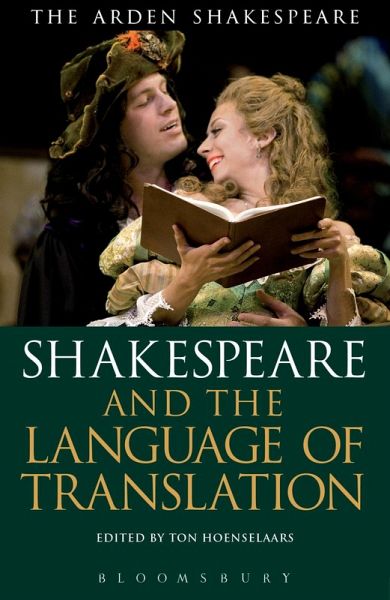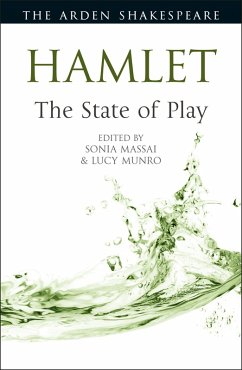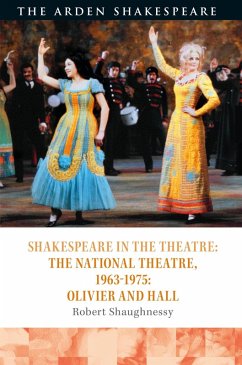
Shakespeare and the Language of Translation (eBook, ePUB)

PAYBACK Punkte
10 °P sammeln!
Shakespeare's international status as a literary icon is largely based on his masterful use of the English language, yet beyond Britain his plays and poems are read and performed mainly in translation. Shakespeare and the Language of Translation addresses this apparent contradiction and is the first major survey of its kind. Covering the many ways in which the translation of Shakespeare's works is practised and studied from Bulgaria to Japan, South Africa to Germany, it also discusses the translation of Macbeth into Scots and of Romeo and Juliet into British Sign Language. The collection place...
Shakespeare's international status as a literary icon is largely based on his masterful use of the English language, yet beyond Britain his plays and poems are read and performed mainly in translation. Shakespeare and the Language of Translation addresses this apparent contradiction and is the first major survey of its kind. Covering the many ways in which the translation of Shakespeare's works is practised and studied from Bulgaria to Japan, South Africa to Germany, it also discusses the translation of Macbeth into Scots and of Romeo and Juliet into British Sign Language. The collection places renderings of Shakespeare's works aimed at the page and the stage in their multiple cultural contexts, including gender, race and nation, as well as personal and postcolonial politics. Shakespeare's impact on nations and cultures all around the world is increasingly a focus for study and debate. As a result, the international performance of Shakespeare and Shakespeare in translation have become areas of growing popularity for both under- and post-graduate study, for which this book provides a valuable companion.













